- Home
- slideshows
- miscellaneous
- Trump says Amazon is 'putting many thousands of retailers out of business' - here are 8 industries hit hardest by the e-commerce giant's domination
Trump says Amazon is 'putting many thousands of retailers out of business' - here are 8 industries hit hardest by the e-commerce giant's domination
Food delivery businesses

Shoe stores
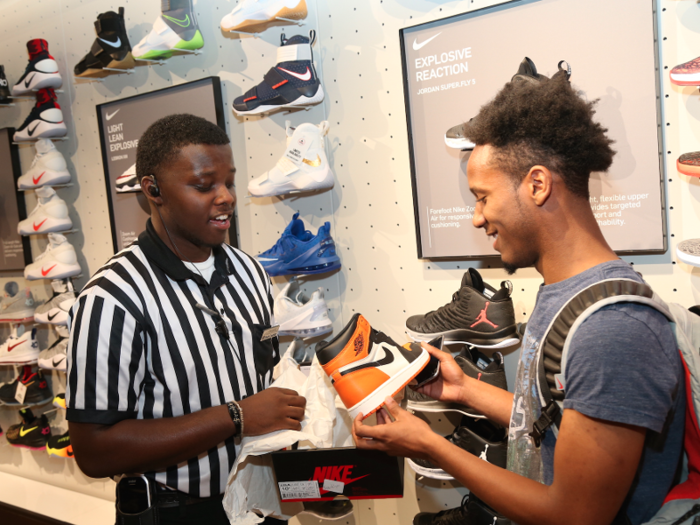
As customers shop for shoes directly from Amazon, analysts say companies like Foot Locker and Finish Line are in danger. In August 2017, UBS analyst Michael Binetti downgraded both companies, saying it is "almost certain" that sneaker retailers will lose market share to Amazon.
"The disruption that has characterized the retail industry recently is not going away," Foot Locker's CEO Richard Johnson said in a call with investors in February. "Consumers want experiences, they want cool products, and they want it all — fast."
Foot Locker plans to close approximately 110 stores this year after closing 147 stores globally in 2017.
Grocery stores
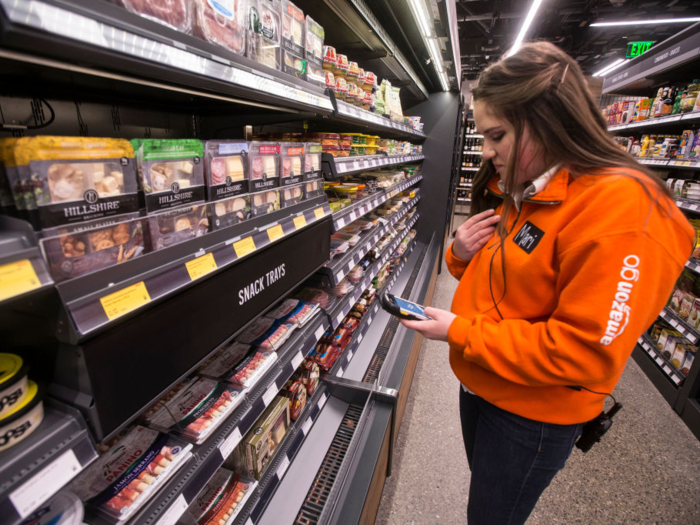
Amazon bought Whole Foods in August 2017, which dealt a massive blow to US grocery stores as it forced its way into the brick-and-mortar market and threatened to drive prices down.
The retailer is already the largest seller of groceries online. It's estimated to have 18% of the US online grocery market, which is double the second-place share held by Walmart.
By having access to brick-and-mortar locations, the company is able to expand its reach across the US and use these stores as distribution centers for online orders. And, Amazon is building out its own brick-and-mortar concept, with the first Amazon Go store opening in Seattle in January.
Consumer staples

The future of batteries may be online — and that's bad news for companies like Energizer.
While online sales of batteries only make up roughly 5% of total battery sales today, UBS said in a note that it expects that figure to rise to 17% by 2025. With Amazon making up roughly 90% of online battery sales, often from its own private-label battery brand, this could create some major complications for Energizer.
Department stores
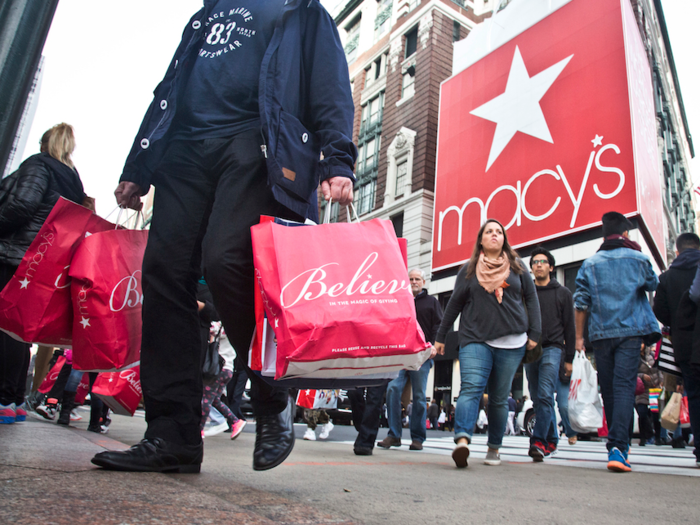
Macy's and other department stores, such as JCPenney, are facing off against Amazon — and coming up short, with hundreds of closures in recent years.
"Internet retailers (led by Amazon) have added $27.8 billion to their apparel revenue since 2005, while dept stores have lost $29.6 billion," Morgan Stanley analysts wrote in a 2016 note. "This share loss appears at risk of accelerating given 1) Amazon's bigger push into fashion, and 2) consumer willingness/acceptance to shop fashion through Amazon."
Launching the Prime Wardrobe service in June 2017 was "another nail into the department store coffin," Wells Fargo analyst Ike Boruchow wrote in a note to clients.
Upscale retailers

Nordstrom is another traditional retailer getting hit hard by Amazon's online dominance.
"Amazon knows more about the consumer than they do," CNBC's Jim Cramer wrote after Nordstrom reported another disappointing quarter in May 2017. "They — the best out there — are still doing guesswork, with one brick-and-mortar hand tied behind their backs."
And in October, Scott Galloway, a professor of marketing at NYU Stern School of Business who correctly predicted the company would buy Whole Foods, said Amazon could buy Nordstrom next.
Book stores
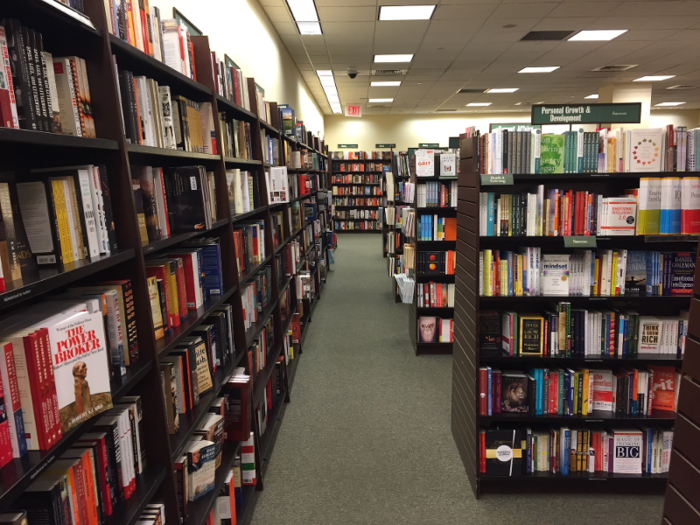
The Barnes & Noble versus Amazon battle has been going on for years. However, the discrepancy between the two has been especially grim recently.
Barnes & Noble reported in March that comparable sales decreased 5.8% in the most recent quarter. The biggest culprit: lower traffic, as fewer people visit stores.
Healthcare companies
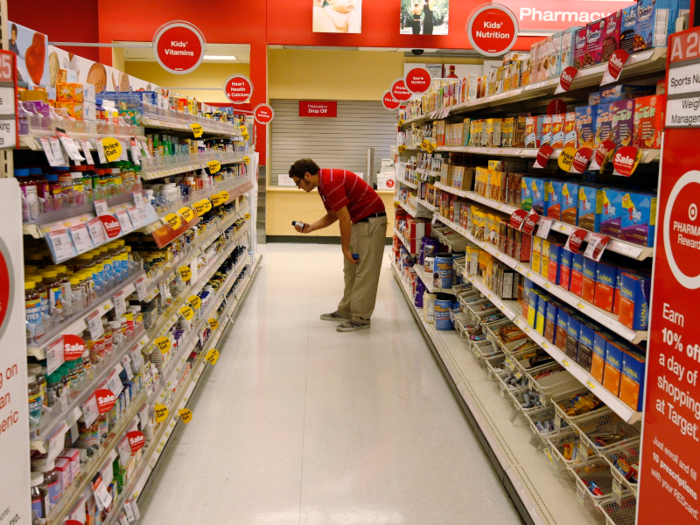
Amazon's latest venture with Warren Buffett's Berkshire Hathaway and JPMorgan Chase & Co, announced in January, threatens to have a big impact on the US healthcare market.
The announcement sent ripples through the healthcare market; the share price at CVS and Walgreens dropped 4.5% to 6% in premarket trading, and UnitedHealth dropped 6.2%, Reuters reported.
Popular Right Now
Popular Keywords
Advertisement